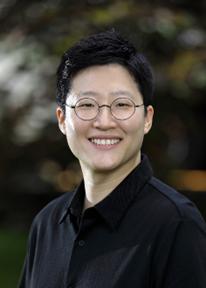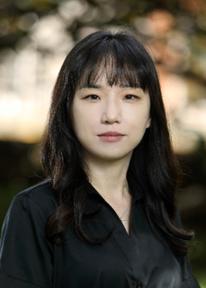Current Members

Post-Doc fellow
Dr. Ferguson earned her Ph.D. in Pharmaceutical Sciences with a concentration in Pharmacology from Florida Agricultural and Mechanical University (FAMU). Her dissertation research evaluated chemical carcinogenesis to delineate the potential impact imposed by the mutagen Benzo[a]pyrene (B[a]P) and assessed the ability of the nutraceutical garlic organosulfide Diallyl Trisulfide (DATS) to further elucidate breast carcinogenesis initiation in non-tumorigenic and premalignant human breast epithelial cells. During her graduate studies, Dr. Ferguson was a recipient of the American Association of University Women (AAUW) Dissertation Fellowship and Merck Pathways to Successful Biomedical Careers Fellowship. She has also interned in the Clinical Pharmacology and Pharmacometrics project team at Bristol Meyers Squibb and mentored undergraduate and graduate students. Dr. Ferguson’s current research explores the drug induced metabolic stimuli to the blood-tumor barrier and tumor progression.

Animal Biologist
Minhye earned her B.S. in Biological Science from Sungkyunkwan University and an M.S. in Medicine from Seoul National University in South Korea where she performed molecular biology and genomics research. She then worked at Korea Institute of Science and Technology in Proteomics and worked at Johns Hopkins University in Neuroscience. Her current work focuses on the role of transient blood-tumor barrier disruption to enhance CNS drug delivery, using allograft and xenograft rodent glioma models.

Animal Biologist
Sanghee earned her Master's degree from Seoul National University in Neuroscience. Prior to the NIH, she performed cGMP and GLP cell manufacturing and drug therapy on neonatal hypoxic-ischemic encephalopathy animal model with mechanism research at Johns Hopkins University and Millipore Sigma dedicated to neuroscience, cancer research, molecular biology and cell biology. Her current research explores the permeability of the blood-tumor barrier among malignant gliomas in in vitro and rodent glioma models.

Post-bac fellow
Taylor earned her B.A. in Neuroscience and Medicine, Health, and Society from Vanderbilt University. Her undergraduate thesis centered on establishing patient-derived glioma stem cell lines that effectively recapitulate prognostic phenotypes in GBM. Currently, her research focuses on exploring the role of drug-induced activation of canonical signaling pathways to alter the phenotype of endothelial cells within the BBB, with the aim of enhancing drug delivery for malignant gliomas. Taylor is currently applying to MD and MD/PhD programs for a future career in medicine and biomedical research.
Mahalia Dalmage, BS, Special volunteer
Lab Alumni
- Melissa Cesaire, BS, Post-bac fellow
- Christina Conrad, PhD, Post-doc fellow
- Brandon Foster, BA, Post-bac fellow
- Matthew McCord, MD, MRSP fellow
- Caitlyn Meek, MS, Graduate fellow
- Kayen Tang, BS, Post-bac fellow
- Amelie Vezina, MS, PhD, Post-doc fellow
